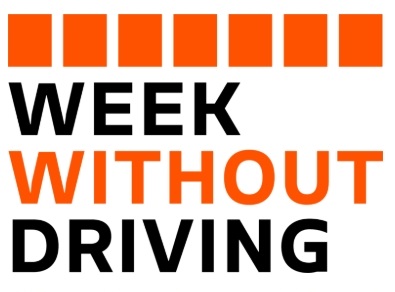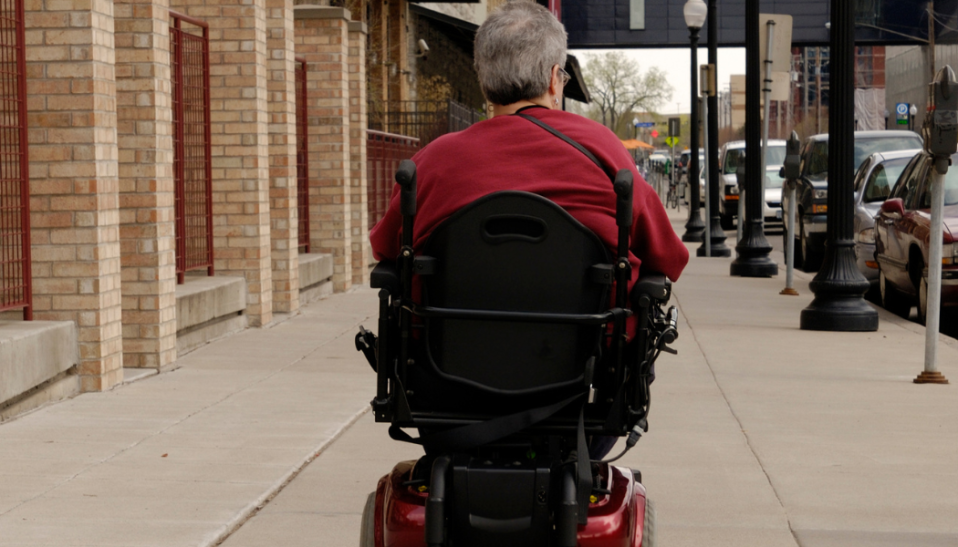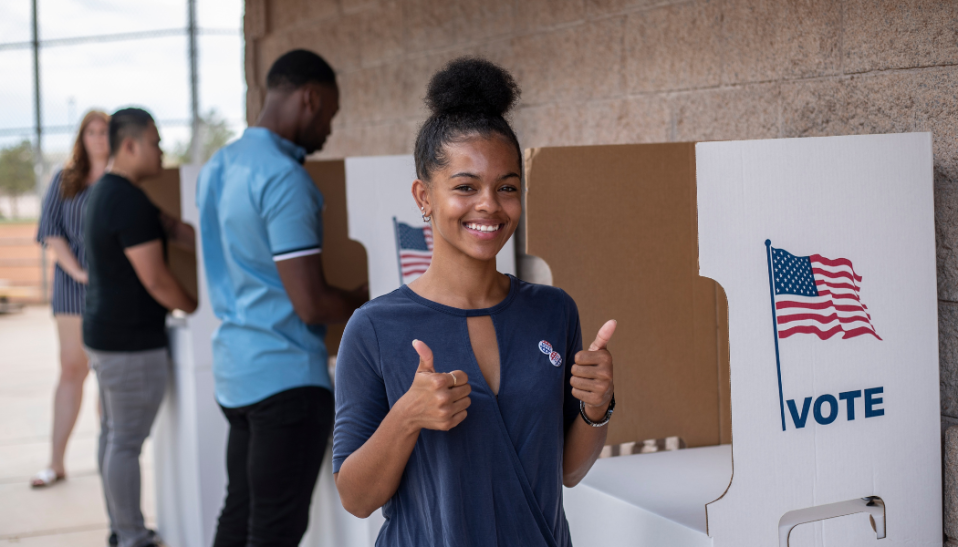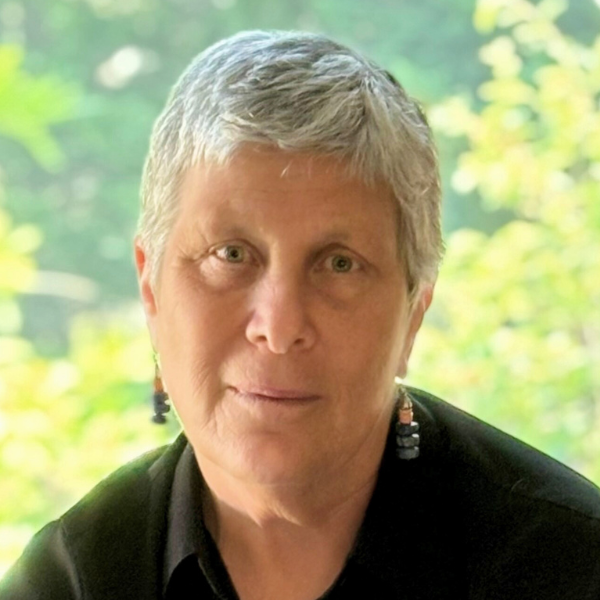Contact: Daria Pugh, DRM Attorney, DariaP@DisabilityRightsMD.org, (443) 692-2487
Baltimore, MD – Disability Rights Maryland (DRM) is proud to announce its participation in Week Without Driving, a national campaign taking place September 29 – October 5, 2025. The initiative challenges drivers to go without driving for one week to better understand the barriers faced by people who cannot or do not drive.
Whether due to age, ability, or financial circumstances, nearly a third of Americans cannot drive. Transportation access remains one of the most significant barriers to employment, healthcare, and community participation for Marylanders with disabilities who do not drive. Week Without Driving is a chance to see the world differently. Participants are encouraged to complete their normal daily routines without driving, using alternative forms of transportation instead.
As part of the week, DRM and Consumers for Accessible Ride Services (CARS) are inviting drivers and decision- makers across the state to participate in the challenge and share their journeys traveling on alternative modes of transportation. CARS is a grassroots organization of paratransit riders in the Baltimore area that advocates for improved service. DRM staff and CARS volunteers are inviting local, state, and national decision makers to join them on walks around their neighborhoods and on a paratransit ride to see what it is like to navigate their community as a person with disabilities. These firsthand experiences will highlight the daily realities Marylanders with disabilities face when traveling through their communities using our sidewalks, streets, and public transportation networks.
“People with disabilities need safe sidewalks and streets. They need reliable, accessible public transportation to be connected to their communities – their friends and families, employment, medical care, grocery stores, and cultural interests.” said DRM Attorney, Daria Pugh. “By participating in the Week Without Driving, joining us on a paratransit ride or neighborhood walk, decision-makers can see for themselves how gaps in infrastructure and services limit opportunities for people with disabilities across Baltimore and the state.”
Leading up to Week Without Driving, DRM will share stories from CARS members and discuss how their transportation options impact most aspects of their lives.
Details:
- Week Without Driving: September 29 – October 5, 2025
- Instead of driving, use the bus, sidewalks, bike, etc. to get to work, live, and play. Share your experience on social media and tag @DisabilityRightsMD.
- Decision makers (elected officials, state and local transportation and planning professionals, government appointees) interested in committing to the Week Without Driving, or joining a walk or ride, can contact Daria Pugh at DariaP@DisabilityRightsMD.org or (443) 692-2487 to schedule.
For more information on DRM’s participation in Week Without Driving or to arrange media coverage, please contact Daria Pugh at DariaP@DisabilityRightsMD.org or (443) 692-2487.
About Disability Rights Maryland
Disability Rights Maryland (DRM) is the federally mandated Protection & Advocacy agency for people with disabilities in Maryland. We advance the civil and legal rights of people with disabilities through individual advocacy, impact litigation, and systemic reform. Learn more at DisabilityRightsMD.org.









